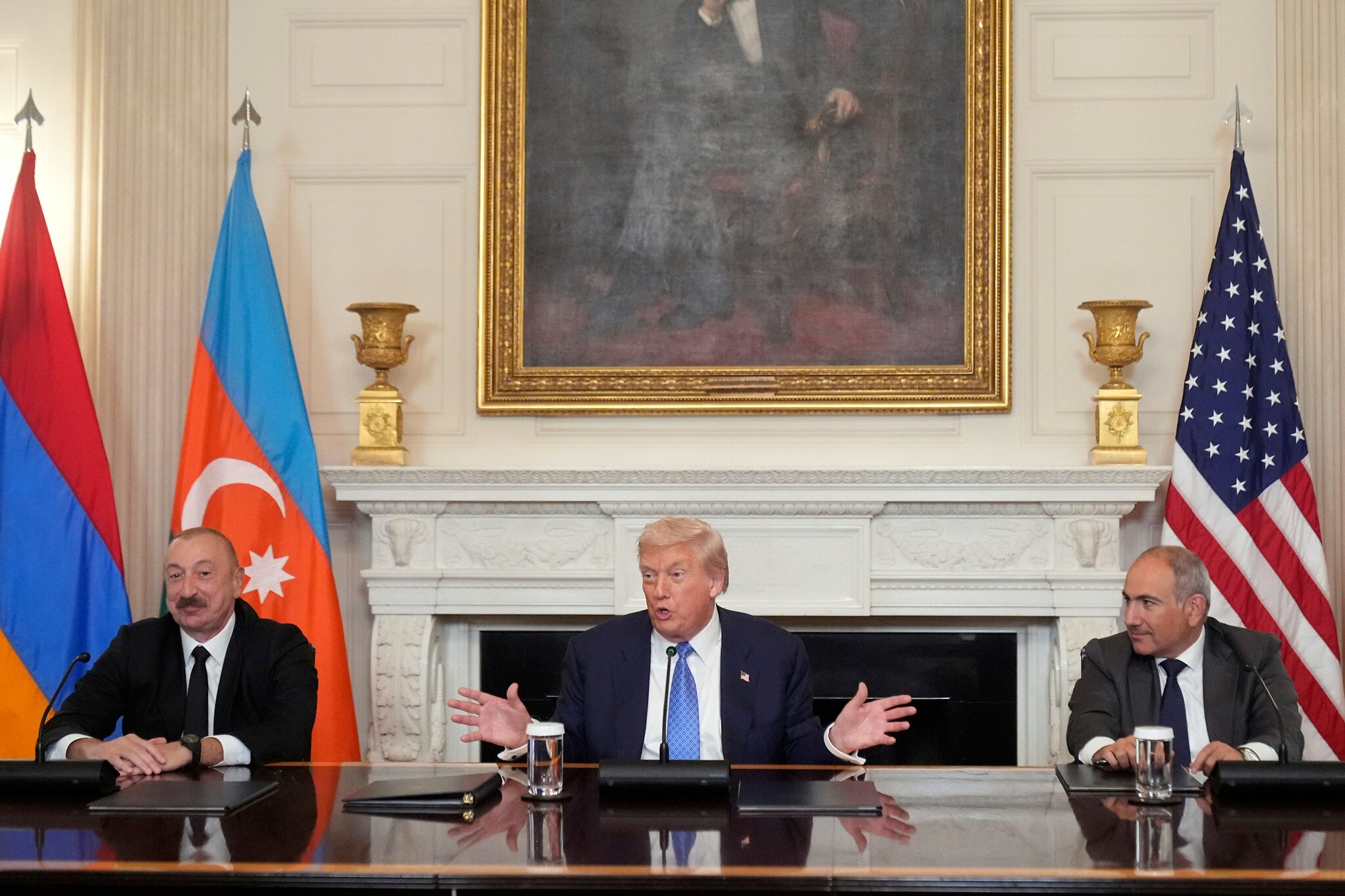Iran Issues Stark Warning Over Planned Caucasus Corridor Amid Azerbaijan-Armenia Peace Push
Iran Issues Stark Warning Over Planned Caucasus Corridor Amid Azerbaijan-Armenia Peace Push

Iran has issued a stark warning regarding a proposed transport corridor in the Caucasus, threatening to block the route central to an ongoing peace agreement between Azerbaijan and Armenia. The “Trump Route for International Peace and Prosperity” (TRIPP), envisioned as part of a US-backed regional deal, aims to provide Azerbaijan with a direct link to its Nakhchivan exclave and further to Turkey, crossing southern Armenia.
Ali Akbar Velayati, a senior advisor to Iran’s supreme leader, explicitly stated that military exercises in northwest Iran underscore the Islamic Republic’s resolve to prevent any geopolitical alterations in the region. “This corridor will not become a passage owned by Trump, but rather a graveyard for Trump’s mercenaries,” Velayati asserted, signaling strong opposition. While Iran’s foreign ministry initially welcomed the broader peace agreement as a step towards regional stability, it has since cautioned against foreign intervention near its borders that could undermine security. Analysts, however, question Iran’s military capacity to effectively block the corridor, particularly following recent regional conflicts.
The proposed corridor is a key component of a joint declaration signed by Azerbaijani President Ilham Aliyev and Armenian Prime Minister Nikol Pashinyan, an accord witnessed by former US President Donald Trump during his term. The deal aims to finalize decades of on-off conflict between Baku and Yerevan, particularly after Azerbaijan regained full control of Nagorno-Karabakh in 2023, leading to a mass exodus of ethnic Armenians.
Despite the recent diplomatic progress, significant hurdles remain. Azerbaijan’s ambassador to Britain, Elin Suleymanov, indicated that a final peace deal hinges on Armenia amending its constitution to remove a reference to Nagorno-Karabakh. Armenian Prime Minister Pashinyan has called for a referendum on constitutional changes this year, with a new constitution expected before the June 2026 parliamentary elections.
The complexity of the agreement, particularly regarding the practical implementation of the transport corridor and reciprocal access, has been highlighted by experts. Joshua Kucera, Senior South Caucasus analyst at International Crisis Group, noted that crucial details on customs and security are still missing, posing potential stumbling blocks. Russia, a traditional regional broker, has emphasized the need for solutions developed by regional countries with support from immediate neighbors, including itself, Iran, and Turkey, to avoid external interventions.
Disclaimer: This content is aggregated from public sources online. Please verify information independently. If you believe your rights have been infringed, contact us for removal.